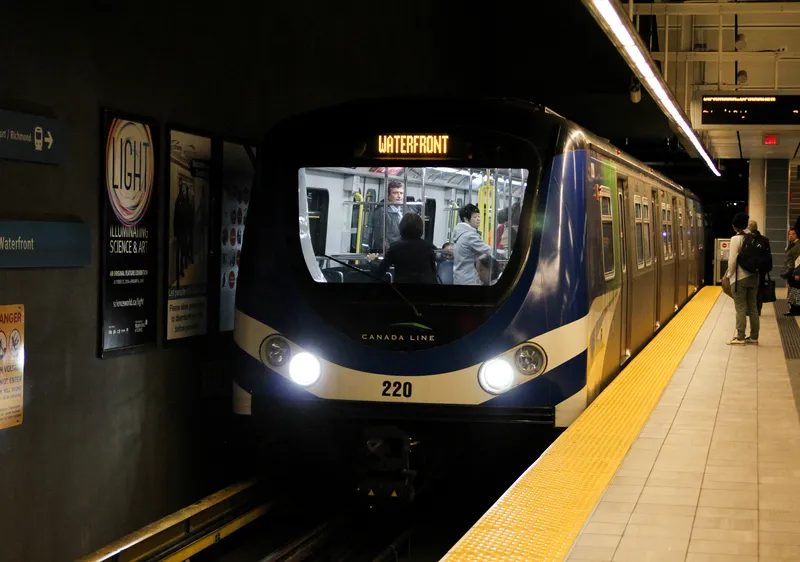French investment firm Caisse des dépôts is to provide US$107 million of financing for the construction of line B of the Rennes metro.
The European Investment Bank has already provided a loan of US$321 million for the project, which will contribute to the construction of a second metro line by 2019, linking the La Courrouze eco-district to the ViaSilva eco-suburb, along with the purchase of rolling stock, a new maintenance and sidings centre and three park-and-ride facilities.
The construction of the
November 16, 2015
Read time: 1 min
French investment firm Caisse des dépôts is to provide US$107 million of financing for the construction of line B of the Rennes metro.
The European Investment Bank has already provided a loan of US$321 million for the project, which will contribute to the construction of a second metro line by 2019, linking the La Courrouze eco-district to the ViaSilva eco-suburb, along with the purchase of rolling stock, a new maintenance and sidings centre and three park-and-ride facilities.
The construction of the second metro line is currently one of the largest public works projects in France, involving a total investment of US$1.3 billion. Covering a distance of 13.8 km, it will serve 15 stations with expected passenger traffic of nearly 110 000 journeys a day.
The European Investment Bank has already provided a loan of US$321 million for the project, which will contribute to the construction of a second metro line by 2019, linking the La Courrouze eco-district to the ViaSilva eco-suburb, along with the purchase of rolling stock, a new maintenance and sidings centre and three park-and-ride facilities.
The construction of the second metro line is currently one of the largest public works projects in France, involving a total investment of US$1.3 billion. Covering a distance of 13.8 km, it will serve 15 stations with expected passenger traffic of nearly 110 000 journeys a day.










